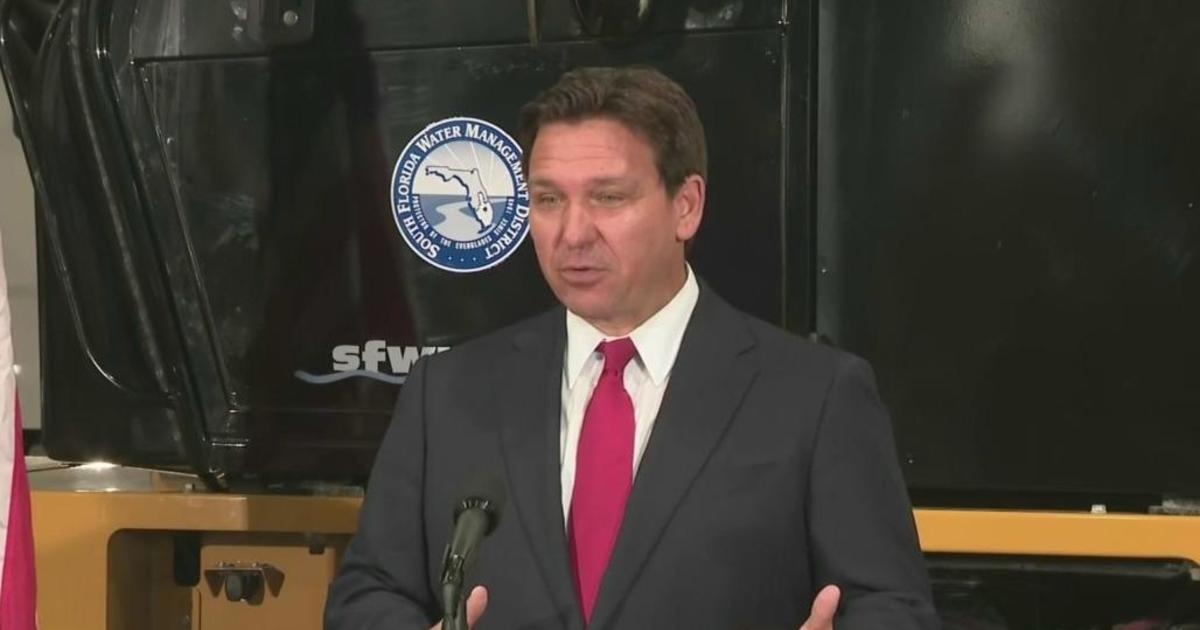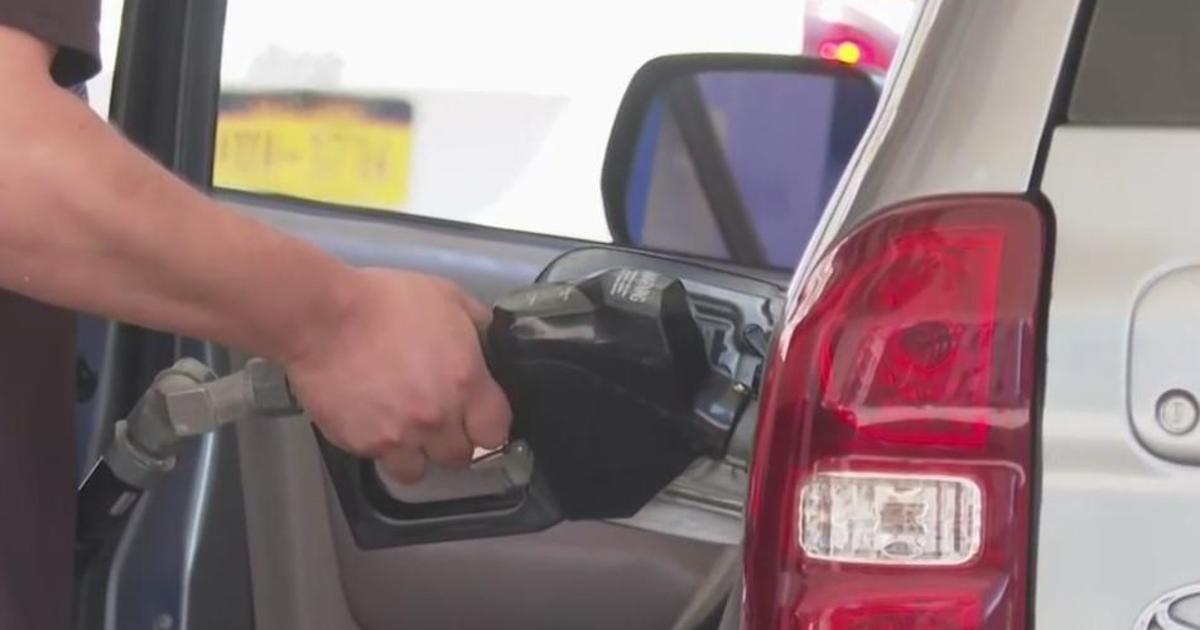Bill Passes To Make Massive Medicaid Changes
TALLAHASSEE (CBSMiami.com) - The Florida Senate has approved a bill that will privatize the state's Medicaid program. The changes will mean 3 million poor Floridians will now be getting their health care from HMO's.
The bill goes back to the House for a vote. Lawmakers on both sides have worked long hours in closed door meetings to reach a last minute deal the House will likely pass. Proponents say the bill will mitigate rising Medicaid costs which now top more than $20 billion a year.
Democrats complained that the bill was negotiated in secret by a handful of people.
"I believe we should have had a conference committee. Something that has this much impact, for three or four people to sit down and come up with whatever is in this legislation is not the right process," said Senate Democratic Leader Nan Rich of Weston.
The last minute consensus gives the House little time to review the revisions in the 200-plus page bill before Friday's vote.
The Senate bill loosely expands on a controversial five-county pilot program that has prompted widespread criticism. The plan's detractors say for-profit providers are making money scrimping on patient care. Patients have complained they couldn't get appointments with specialists. Several providers pulled out of the program, causing lapses in care as patients were bounced among plans.
Sen. Joe Negron, who spearheaded the overhaul, said the bill was the result of "an open process," and recalled long committee hearings that included testimony from patients, doctors and lobbyists. He said leaders have learned from the pilot program's shortcomings and added increased accountability measures.
The bill penalizes providers for dropping out of the program and requires them to generate a 5 percent savings the first year, which could save the state about $1 billion.
"This particular program is one that has cried out for the necessity of making sure those dollars are accountable," said Sen. John Thrasher, R-St. Augustine. "For the first time in the history of Florida we have a mechanism in place."
The Senate bill removes a requirement for plans to spend certain percentages on patient care and administrative costs. Federal health officials encouraged state lawmakers to include that provision in the bill.
Instead the bill calls for managed care plans to repay profits over 5 percent to the state.
"It builds upon a flawed experiment that gives tax dollars to HMOs to ration care to our most vulnerable residents. It also fails to meet many of the standards laid out by federal CMS for statewide expansion," said Laura Goodhue, head of patient advocacy group Florida CHAIN.
Negron said further improvements on the pilot effort include fines up to $500,000 if providers leave early. The state will also terminate that plan's contracts in other areas if they pull out. Plans must also comply with a yearly, independent audit.
But Sen. Eleanor Sobel, a Hollywood Democrat, said the penalties aren't strong enough. In her hometown in Broward County, Sobel said local leaders voted to pull out of the pilot after hearing from unhappy patients and doctors.
"My concern is based on what went wrong in the Medicaid pilot," said Sobel. "We don't even have the encounter data from the Medicaid pilot we just recently went through. We don't know what kind of services people were getting. All we just know is we were charged a lot of money."
Five years after the pilot program started, state health officials said they have not tracked what services patients were denied. And there is little data showing whether the savings were because services were delivered more efficiently or because patients were getting less care.
Many doctors have dropped out of the program, complaining of red tape and that the insurers deny the tests and medicine they prescribe. In hopes of increasing doctor participation, the bill would increase their reimbursement rates and limit malpractice lawsuits for Medicaid patients.
Negron said the two-year rollout, which would begin July 2012, was designed to allow for changes along the way.
Gov. Rick Scott, a Republican who made millions as a health care CEO before his election, is expected to sign the bill if it passes the House.
The Centers for Medicare and Medicaid Services still must approve an amendment before the state can proceed. Lawmakers included a $2 million provision to hire a consultant to negotiate that process.
(© 2011 CBS Broadcasting Inc. All Rights Reserved. This material may not be published, broadcast, rewritten, or redistributed. The Associated Press contributed to this report.)



